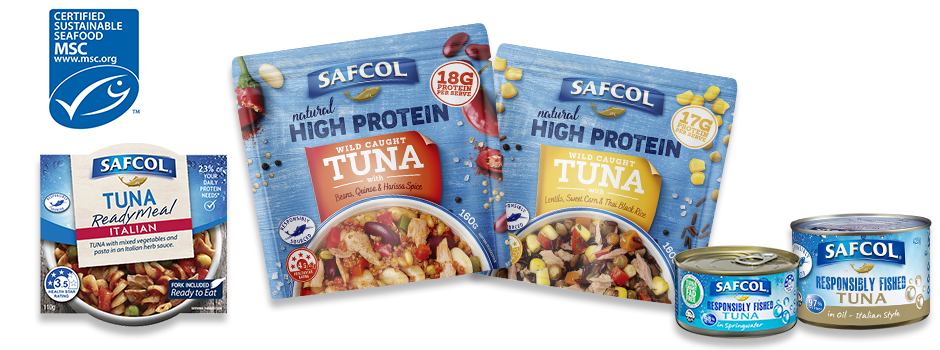Whey Protein post heart failure diagnosis
Posted on : July 14, 2022
Every year, 1.2 million Australians are diagnosed with heart disease.
Heart failure is one form of heart disease when your heart’s muscles no longer work effectively to pump blood. It can cause blood to back up and fill your lungs causing shortness of breath.
A recent study found that supplementing with whey protein may improve the function and structure of the lining of the heart vessels and the smooth muscle of the heart. This improvement was seen in the systemic microvascular circulation. This is the circulation of the smallest types of blood vessel systems in the heart. When whey protein was supplemented, the endothelium was able to relax normally and improve blood circulation.

The researchers used a strong method of study design called a randomised, placebo-controlled design. There were 25 participants with an average age of 66. All participants had been classified as having a New York Heart Association class I or II heart failure. Each participant received the whey protein supplement or a placebo supplement for 12 weeks duration. Those participants who were given 30g of whey protein supplementation daily over 12 weeks showed improvements in the ability of the endothelium to function and relax normally to promote normal blood circulation.
The predicted reason for the positive effect of the protein on endothelial function was due to the amino acid arginine, which is a precursor to nitric oxide. Nitric oxide is well known for helping blood vessels relax. Whey protein may also help reduce the decline of smooth muscle as we age called senescence. The mechanisms behind this are not well known yet.
 While this study used whey protein supplementation, the ability to achieve 30g of whey protein daily and foods rich in the amino acid arginine is possible through structuring balanced meals and snacks. A food-first approach offers more health benefits than protein but also a matrix of additional heart-promoting factors. Protein is utilised over a full 24 hours, so meeting 30g of whey protein can be achieved through food if the diet is structured to do so.
While this study used whey protein supplementation, the ability to achieve 30g of whey protein daily and foods rich in the amino acid arginine is possible through structuring balanced meals and snacks. A food-first approach offers more health benefits than protein but also a matrix of additional heart-promoting factors. Protein is utilised over a full 24 hours, so meeting 30g of whey protein can be achieved through food if the diet is structured to do so.
Seafood provides good sources of all the essential amino acids that your body needs to make a complete protein. While it is not a rich source of whey protein, seafood, such as tuna and salmon, is a good source of arginine.
See the recipe section on the Seafood Experts website for an extensive range of recipes that include both tuna and salmon, which are rich in arginine, in combination with ingredients containing whey protein. The benefits your body receives from a combination of foods are far superior to that of a single supplement or food can provide.
Take home message
Including 30g of whey protein post heart disease diagnosis may promote endothelium and smooth muscle repair and function. Before taking any supplement, it is recommended to first evaluate your diet and see if it is balanced. Seek the support of an Accredited Practising Dietitian who can advise if further supplementation is warranted for your individual circumstances.
Reference:-
-
Heart, stroke and vascular disease. Contains key statistics and information about heart, stroke and vascular disease and its prevalence in Australia.
- Lorenzo A, Santos EMD, Bello Moreira AS, Huguenin GVB, Tibirica E. Dietary supplementation with whey protein improves systemic microvascular function in heart failure patients: a pilot study. Braz J Med Biol Res. 2021 Apr 19;54(6):e10577. doi: 10.1590/1414-431X202010577. PMID: 33886810; PMCID: PMC8055180.
-




